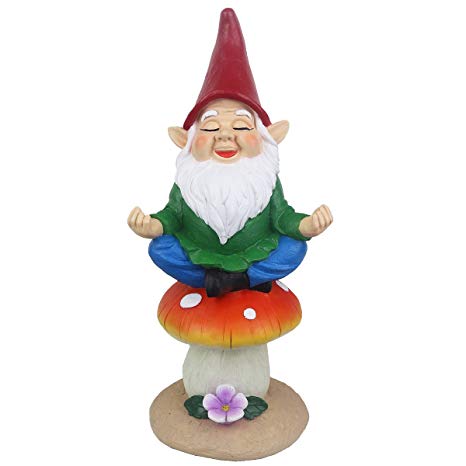We take a look what defines a lone worker, what businesses should do when employing lone workers, and your legal rights if you are a one. The term lone worker is used to describe any person who works “by themselves without close or direct supervision”.  So a lone worker could be someone:
So a lone worker could be someone:
- working alone in a shop, workshop, or petrol station
- working alone in a vehicle or at their own home (doing work that is not low-risk, office-type work)
- working separately from others for long periods of time (e.g., in factories, warehouses, and research and leisure centres)
- who are agricultural and forestry workers, engineers, estate agents, sales reps, and anyone visiting domestic and commercial premises
- who are social workers, care workers, home helps, NHS workers, and probation officers
- who work at night doing cleaning, security, or maintenance
We look at all the details here so Employers can decide what issues they have.
During the Coronavirus pandemic in 2020, this has become a big issue obviously, and in August 2020 the HSE revised their lone-working guidelines, which you can see here.
The new guidelines look at:
- A summary of Employers’ duties to protect lone workers
- Protecting lone workers from stress and other work-related health problems
- How to make sure lone workers are healthy and safe
- Training, supervision and monitoring
- and their is a section for Lone Workers about their health and safety while working alone.

